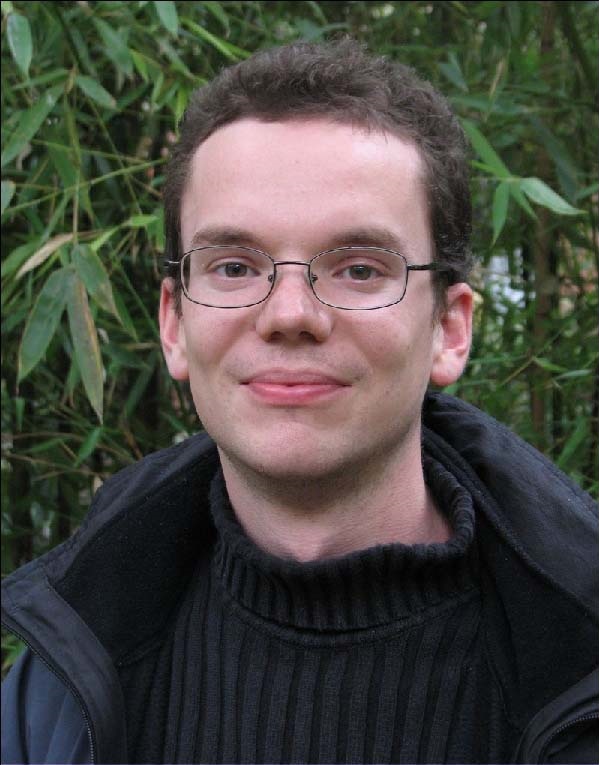
A major long-standing goal is to develop generic unbiased methods for many-fermion problems. Conventional Quantum Monte Carlo methods (e.g. auxiliary-field QMC or lattice QCD) generically suffer from the “fermion sign problem”: The computational time increases exponentially with the number of fermions. In contrast, expansions of intensive quantities in series of connected Feynman diagrams can be computed directly in the thermodynamic limit. Over the last decade, diagrammatic Monte Carlo algorithms made it possible to reach large expansion orders and to obtain state-of-the-art results for various models of interacting fermions in 2 and 3 dimensions, mostly in the normal phase.
We obtained first results inside a superconducting phase, focusing on the 3D attractive Hubbard model [1]. Spontaneous symmetry breaking is implemented by expanding around a BCS Hamiltonian. All diagrams up to 12 loops are summed thanks to the connected determinant algorithm [2] with anomalous propagators. Working on the BCS side of the strongly correlated regime, we observe convergence of the expansion, and benchmark the results against determinant diagrammatic Monte Carlo [3]. In presence of a polarizing Zeeman field (where unbiased benchmarks were unavailable due to the fermion sign problem) we observe a first-order superconducting-to-normal phase transition, and a thermally activated polarization of the superconducting phase well captured by a quasiparticle description. We also discuss the large-order behavior of the expansion, which is related to Goldstone and instanton singularities.
[1] Spada, Rossi, Simkovic, Garioud, Ferrero, Van Houcke, FW, arXiv:2103.12038
[2] Rossi, PRL 119, 045701 (2017)
[3] Burovski, Prokof’ev, Svistunov, Troyer, PRL 96, 160402 (2006)
Host: Nir Navon (nir.navon@yale.edu)